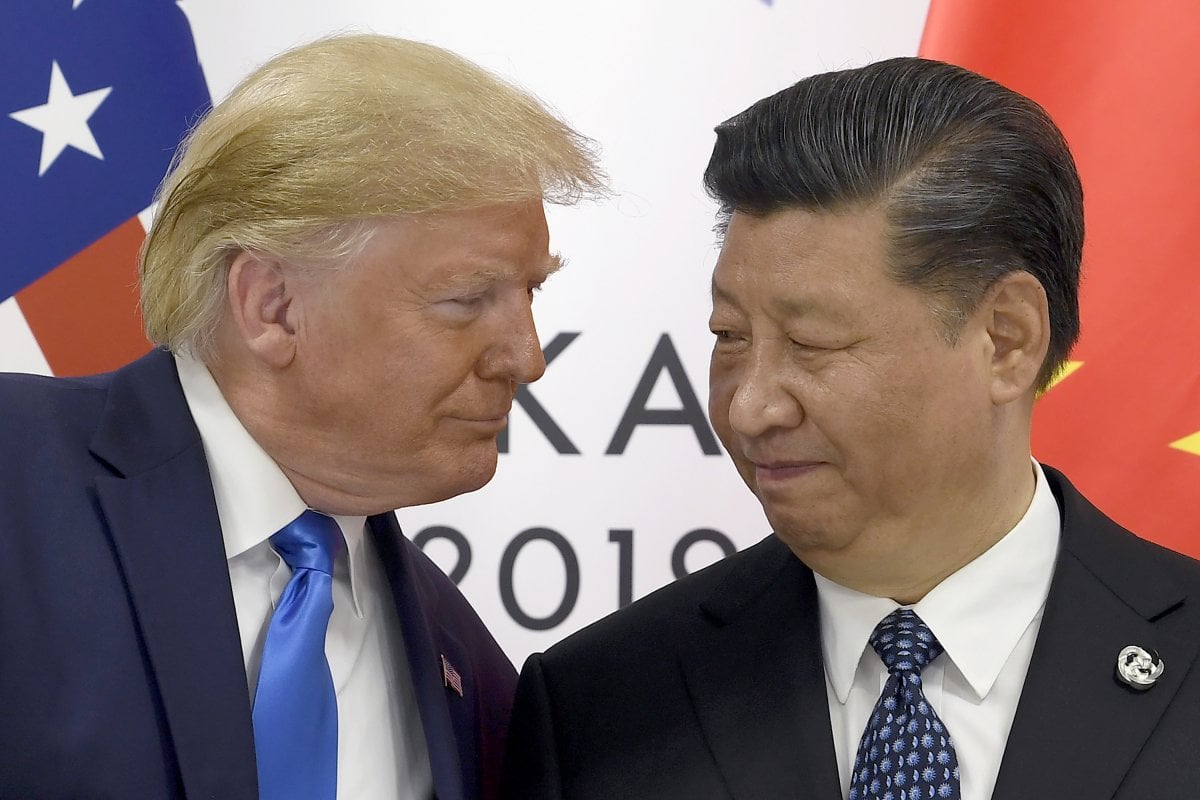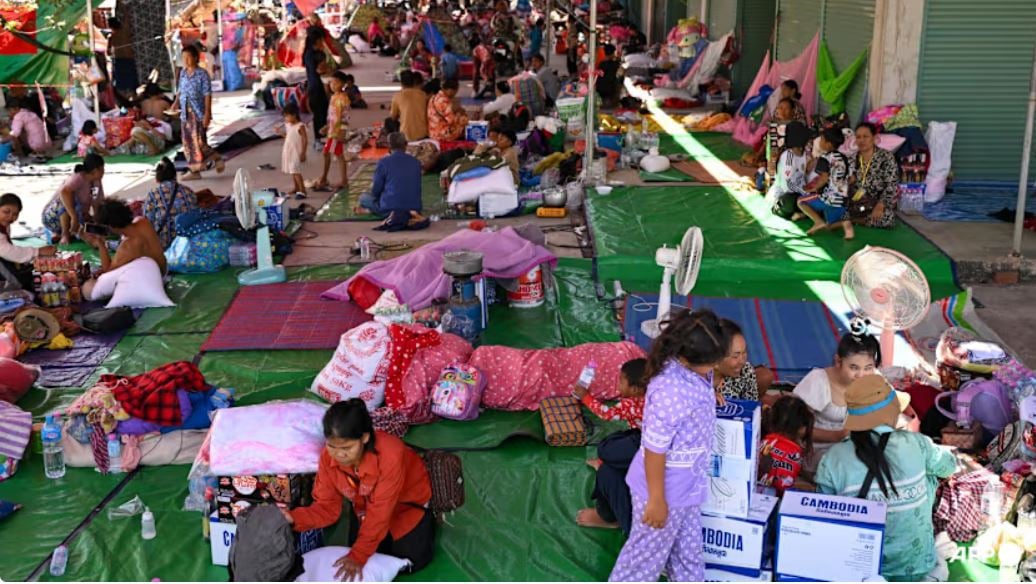China said on Thursday it would pay “no attention” to U.S. attempts to pressure it through escalating tariffs, following the White House’s latest breakdown of duties that could see Chinese goods facing up to 245% in tariffs.
The U.S. fact sheet released Tuesday outlined a combination of punitive measures on Chinese imports, including a 125% reciprocal tariff, a 20% duty aimed at tackling the fentanyl crisis, and additional levies ranging from 7.5% to 100% to counter alleged unfair trade practices.
The response follows U.S. President Donald Trump’s decision to impose sweeping tariffs on all countries earlier this month, before scaling back the increases for most — except China.
In retaliation, Beijing raised its own tariffs on U.S. products and has declined calls for negotiations, saying talks must be based on mutual respect and equality. “China will not engage in the tariff numbers game,” the foreign ministry said, brushing off Washington’s latest pressure tactics.
Amid growing global trade uncertainty, other nations are reportedly exploring bilateral agreements with the U.S., while China filed a new complaint with the World Trade Organization last week, accusing Washington of breaching WTO rules.
In a notable move, China also appointed a new trade negotiator this week, replacing veteran trade official Wang Shouwen with Li Chenggang, its envoy to the WTO — signaling a potential shift in its trade strategy.
While the White House insists President Trump remains open to a deal, officials have said Beijing must make the first move, with Trump reportedly declaring that China “needs our money.”
The U.S. fact sheet released Tuesday outlined a combination of punitive measures on Chinese imports, including a 125% reciprocal tariff, a 20% duty aimed at tackling the fentanyl crisis, and additional levies ranging from 7.5% to 100% to counter alleged unfair trade practices.
The response follows U.S. President Donald Trump’s decision to impose sweeping tariffs on all countries earlier this month, before scaling back the increases for most — except China.
In retaliation, Beijing raised its own tariffs on U.S. products and has declined calls for negotiations, saying talks must be based on mutual respect and equality. “China will not engage in the tariff numbers game,” the foreign ministry said, brushing off Washington’s latest pressure tactics.
Amid growing global trade uncertainty, other nations are reportedly exploring bilateral agreements with the U.S., while China filed a new complaint with the World Trade Organization last week, accusing Washington of breaching WTO rules.
In a notable move, China also appointed a new trade negotiator this week, replacing veteran trade official Wang Shouwen with Li Chenggang, its envoy to the WTO — signaling a potential shift in its trade strategy.
While the White House insists President Trump remains open to a deal, officials have said Beijing must make the first move, with Trump reportedly declaring that China “needs our money.”


















